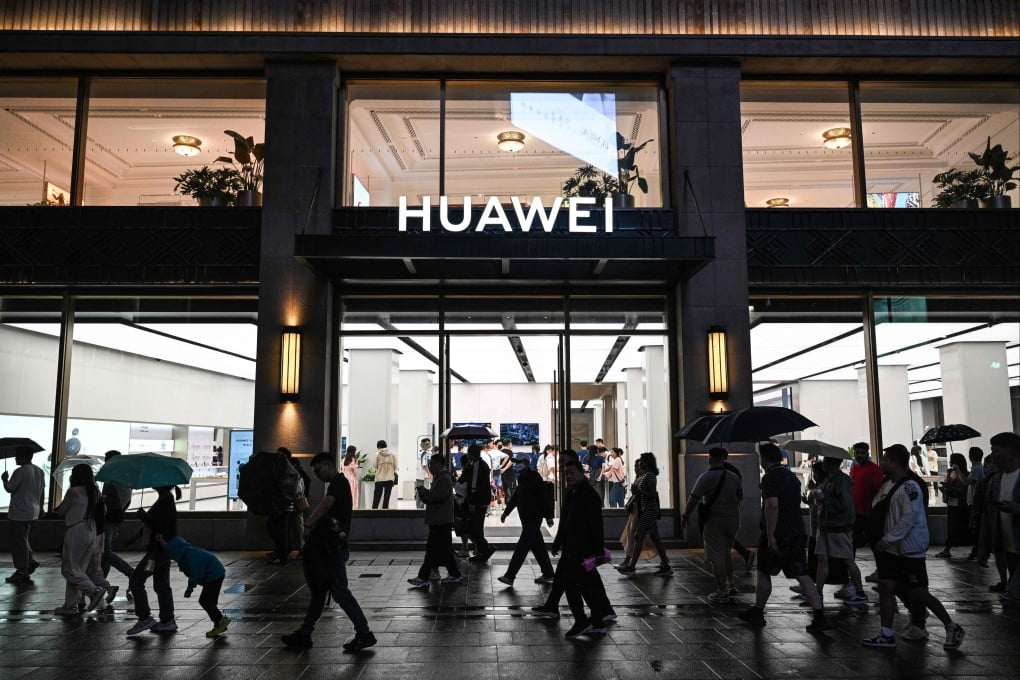Huawei says its AI chip better than Nvidia’s A100 amid China’s self-reliance drive
- The Ascend 910B AI chip has beaten Nvidia’s A100 in some tests, says a Huawei executive at the Nanjing World Semiconductor Conference

There is “not much difference” between the computing power performances of the Huawei 910B and Nvidia A100 in large AI model training, Wang added.
His comments come as Huawei assumes an increasingly important role in China’s self-sufficiency drive, as Nvidia is unable to ship to the country its advanced GPUs under strict US export restrictions.
Huawei first introduced the Ascend chip series in 2019, four months after the company was added to a US trade blacklist. Since then, its AI strategy has focused on building an ecosystem of proprietary software and hardware designed to serve domestic clients that have lost access to equivalent technology overseas.
Zhang Dixuan, head of Huawei’s Ascend computing business, revealed last month that the Ascend ecosystem had 40 hardware partners, 1,600 software partners and 2,900 AI application solutions.
Despite its ambitions, Huawei has rarely spoken publicly about its efforts to free itself from the shackles of US sanctions aimed at stemming China’s technological advancement in semiconductors and AI.